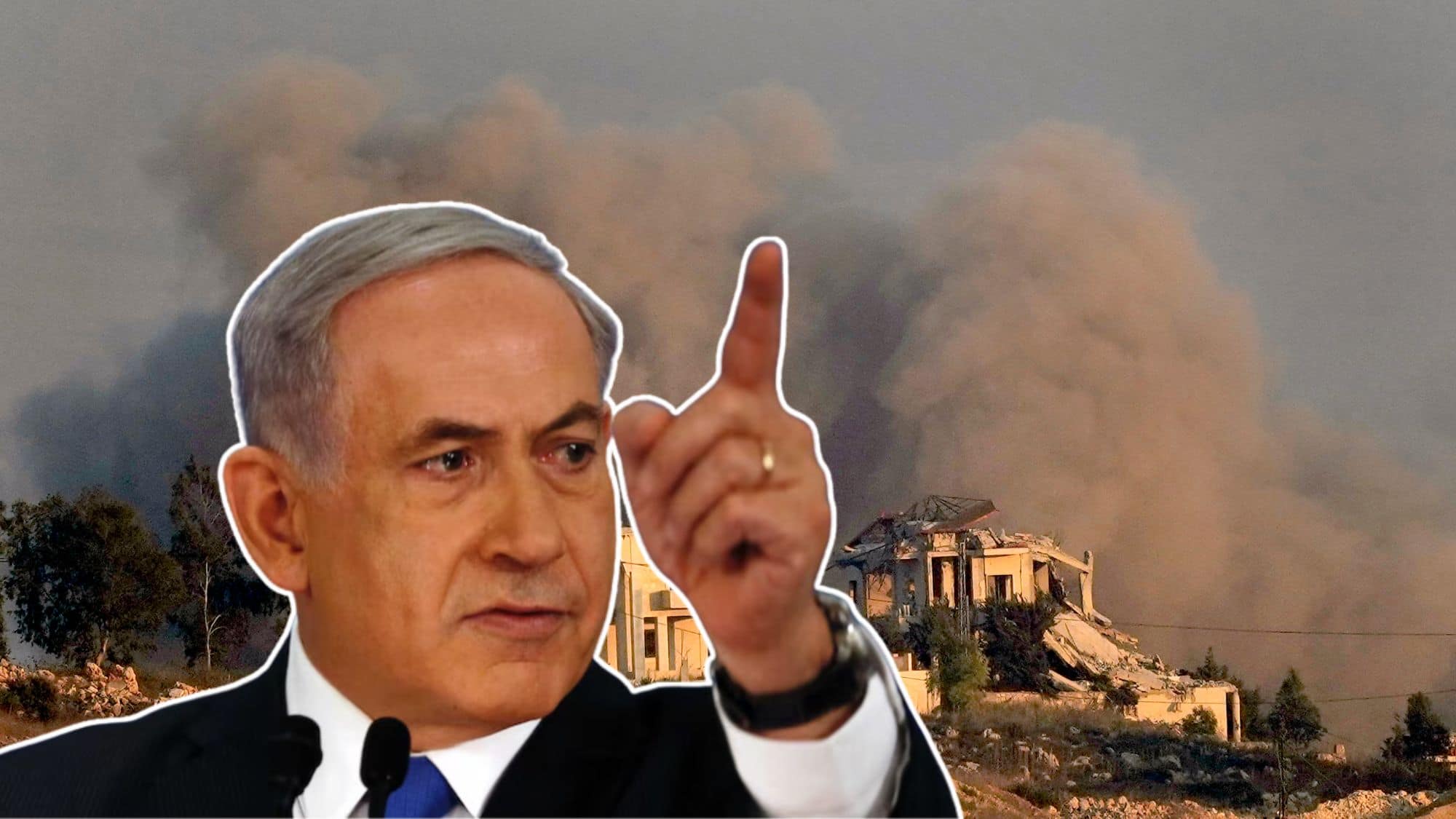The ongoing Israel-Hezbollah crisis has escalated tensions in the Middle East, particularly influencing regional stability and international relations. Recently, Israel’s Prime Minister Benjamin Netanyahu outright rejected a temporary ceasefire proposal aimed at mitigating the violence. This decision highlights the Israeli government’s commitment to continuing military operations against Hezbollah in Lebanon, despite international appeals for restraint. The United States and France jointly proposed a 21-day pause in the conflict, seeking to initiate dialogue and find a peaceful resolution.
Background of the Israel-Hezbollah Conflict
The roots of the Israel-Hezbollah conflict can be traced back to the early 1980s, characterized by a protracted struggle for territorial and political dominance. Hezbollah, a militant group based in Lebanon, has a long-standing history of opposing Israel, which it views as an occupier of Lebanese territory. The group’s Iranian backing has complicated the situation, leading to increased regional tensions and international concern.
Recent Developments in the Crisis
In recent weeks, hostilities have intensified, with both sides experiencing significant casualties. The conflict has resulted in widespread humanitarian crises, further complicating the situation on the ground. Netanyahu’s firm stance to continue military operations underscores Israel’s strategy to counter perceived threats from Hezbollah, which has been accused of launching attacks on Israeli territories.
International Response
The international community has responded to the crisis with calls for de-escalation. The joint proposal by the United States and France for a temporary ceasefire aimed to enable humanitarian aid access and create an environment for potential negotiations. However, Netanyahu’s rejection of this proposal indicates a complex interplay of military and diplomatic considerations.
Implications of Continued Hostilities
The ongoing conflict carries significant implications not only for Israel and Lebanon but for the broader Middle Eastern region. A sustained military confrontation could lead to further destabilization, prompting responses from regional and global powers. The humanitarian situation in Lebanon worsens as the conflict continues, with civilians bearing the brunt of the violence and economic collapse.
The Way Forward
Finding a path to peace requires concerted efforts from all stakeholders involved. Diplomatic engagement, inclusive dialogue, and international mediation are crucial for addressing the root causes of the conflict. The role of global leaders in facilitating a resolution cannot be underestimated, as they must balance national interests with humanitarian concerns.
In conclusion, the Israel-Hezbollah crisis remains a critical issue that requires urgent attention from the international community. A united front towards promoting dialogue may pave the way for a more stable and peaceful future in the region.
